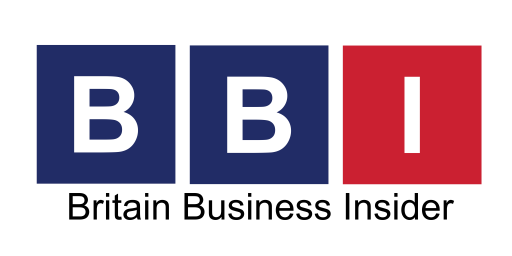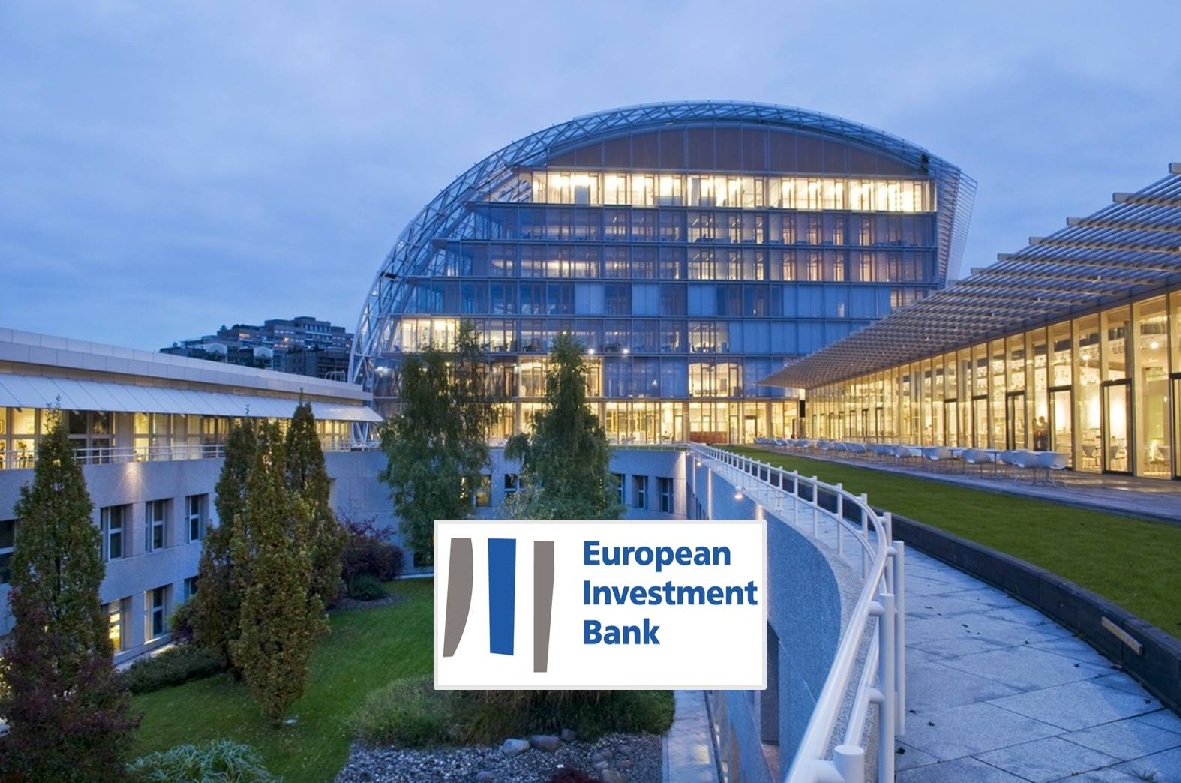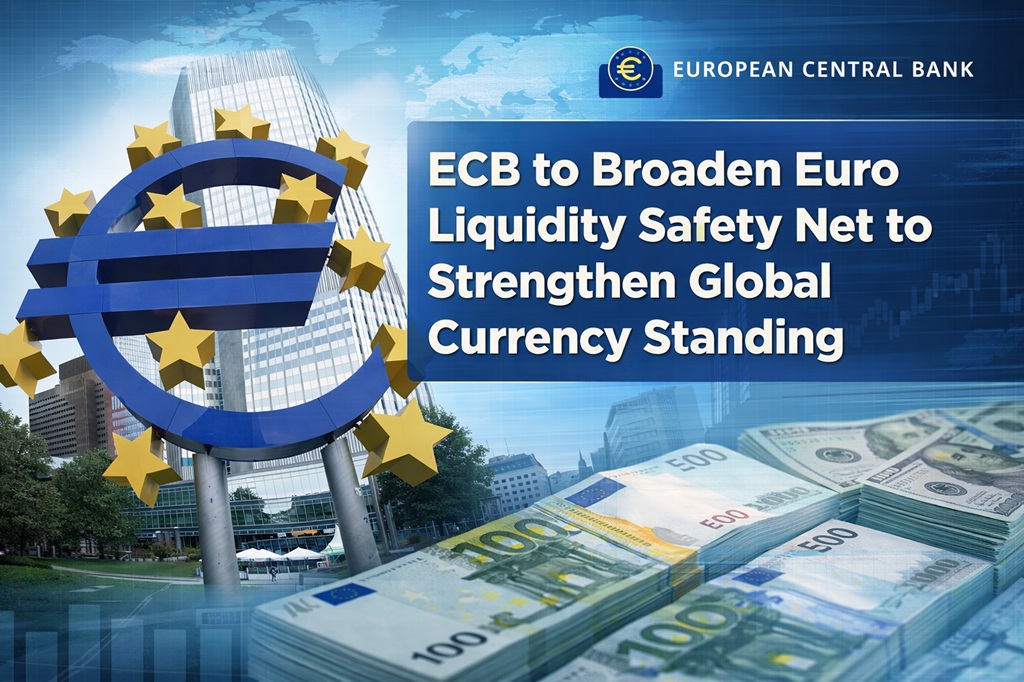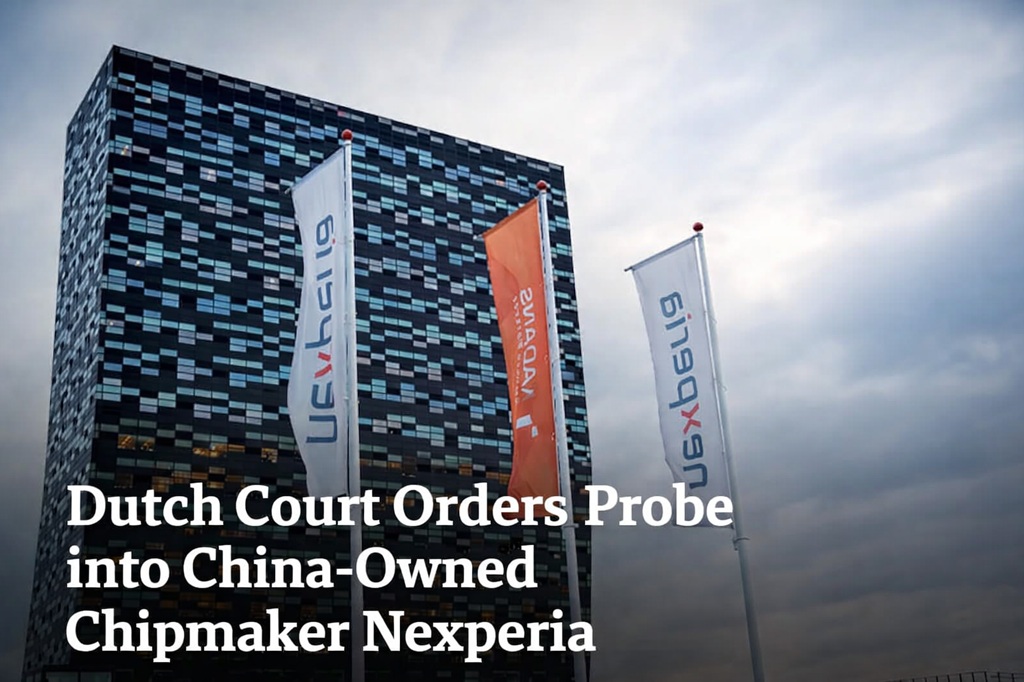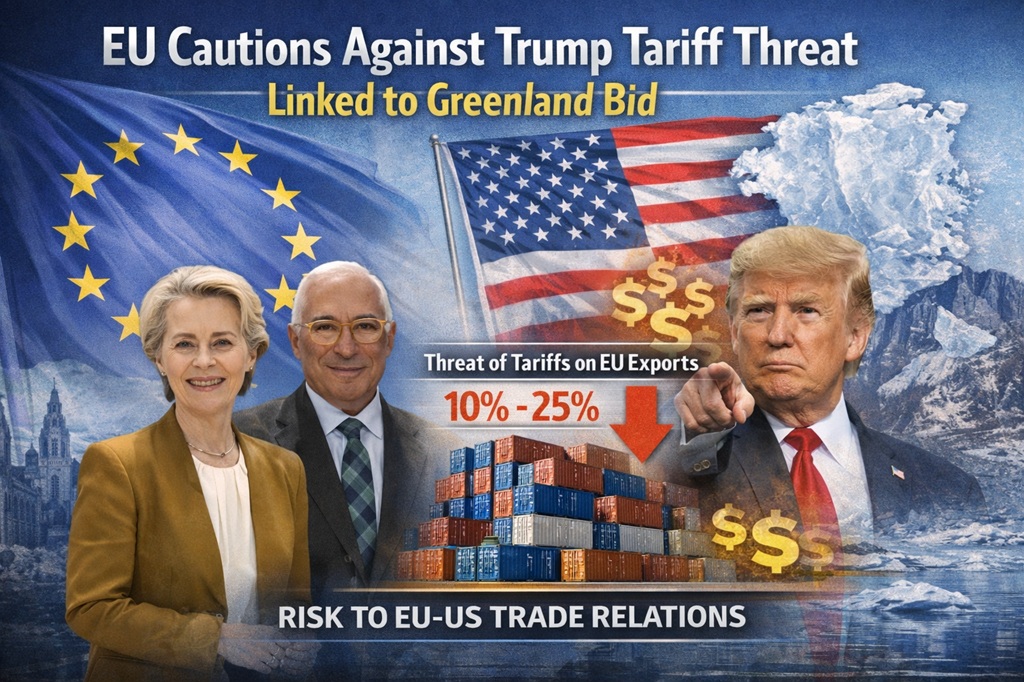LONDON – The European Union is set to significantly expand the lending capacity of its financial arm, the European Investment Bank (EIB), with member governments agreeing to increase its annual spending limit to €100 billion for 2025, sources familiar with the matter told reporters.
The decision — approved at an EIB board meeting held in Luxembourg — marks a pivotal shift in the EU’s financial posture, particularly in defence-related investments. A formal endorsement by EU finance ministers is expected later today.
The new lending ceiling exceeds last year’s €89 billion lending total and surpasses the €95 billion target set by EIB President Nadia Calviño earlier this year. The increase underscores the bloc’s strategic pivot to bolster Europe’s military and technological resilience in the face of geopolitical tensions.
Of particular note is the EIB’s plan to more than triple its funding for projects supporting the EU’s defence industry — from €1 billion last year to €3.5 billion in 2025. Though the bank remains barred from financing weapons or ammunition, it is permitted to support dual-use infrastructure and technologies, such as GPS systems, logistics bases, and military facilities.
One such project includes a military base in Lithuania near the Belarus border, which will house permanently stationed German troops — a historic first since World War II.
The move comes as European nations accelerate defence spending, spurred by growing uncertainty over the future of US security guarantees under a potential second Trump presidency. With the upcoming NATO summit in The Hague, pressure is mounting on EU states to demonstrate greater defence self-reliance.
Beyond defence, the EIB’s expanded lending authority will also support innovation, green energy initiatives, and strategic infrastructure. This policy shift follows a mid-year review of its operational strategy and builds on last year’s approval to raise the bank’s gearing ratio — effectively increasing its lending capacity relative to its capital base.
By unlocking additional capital for high-priority sectors, the EU aims to future-proof its economy while asserting strategic autonomy in a rapidly evolving global order.
